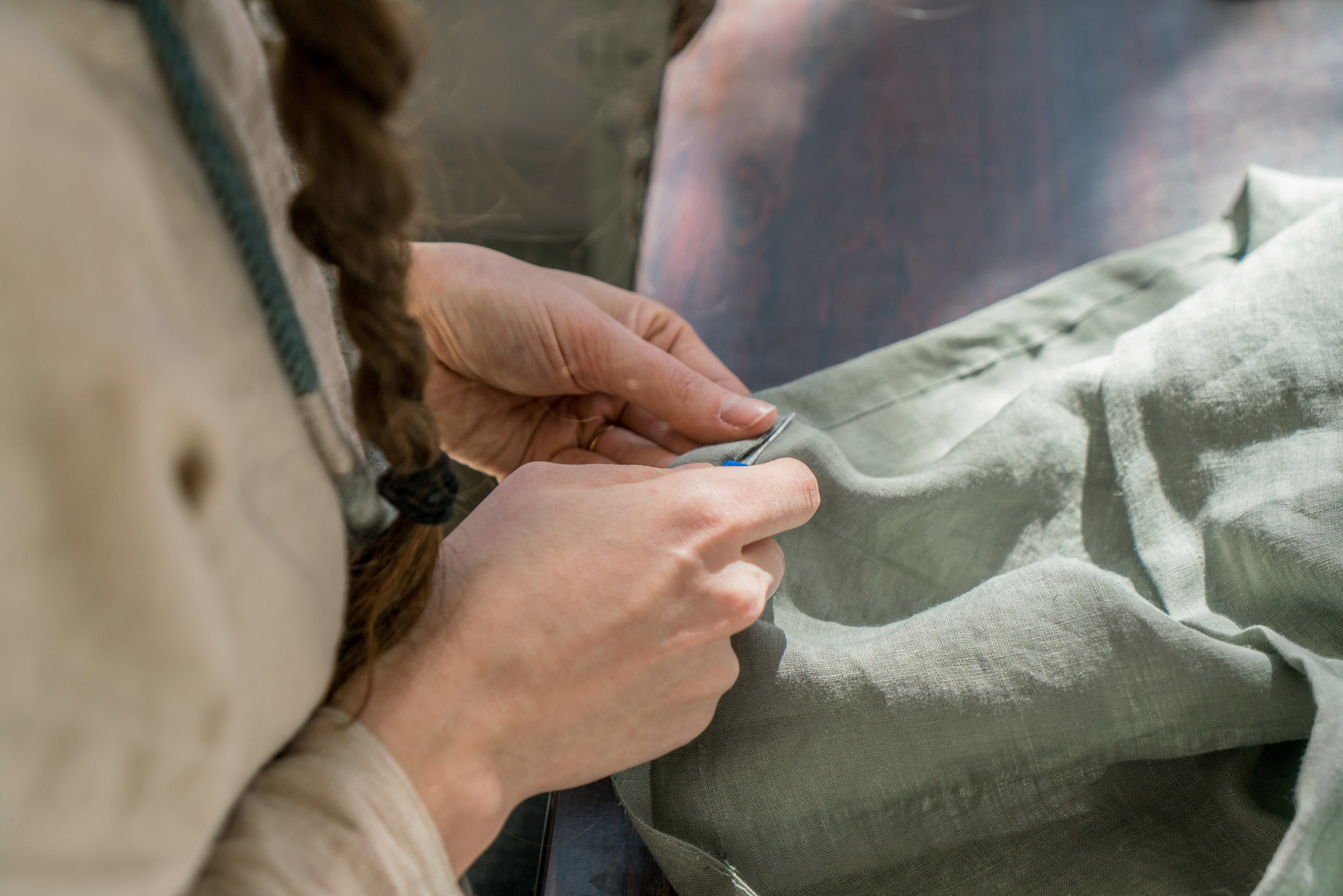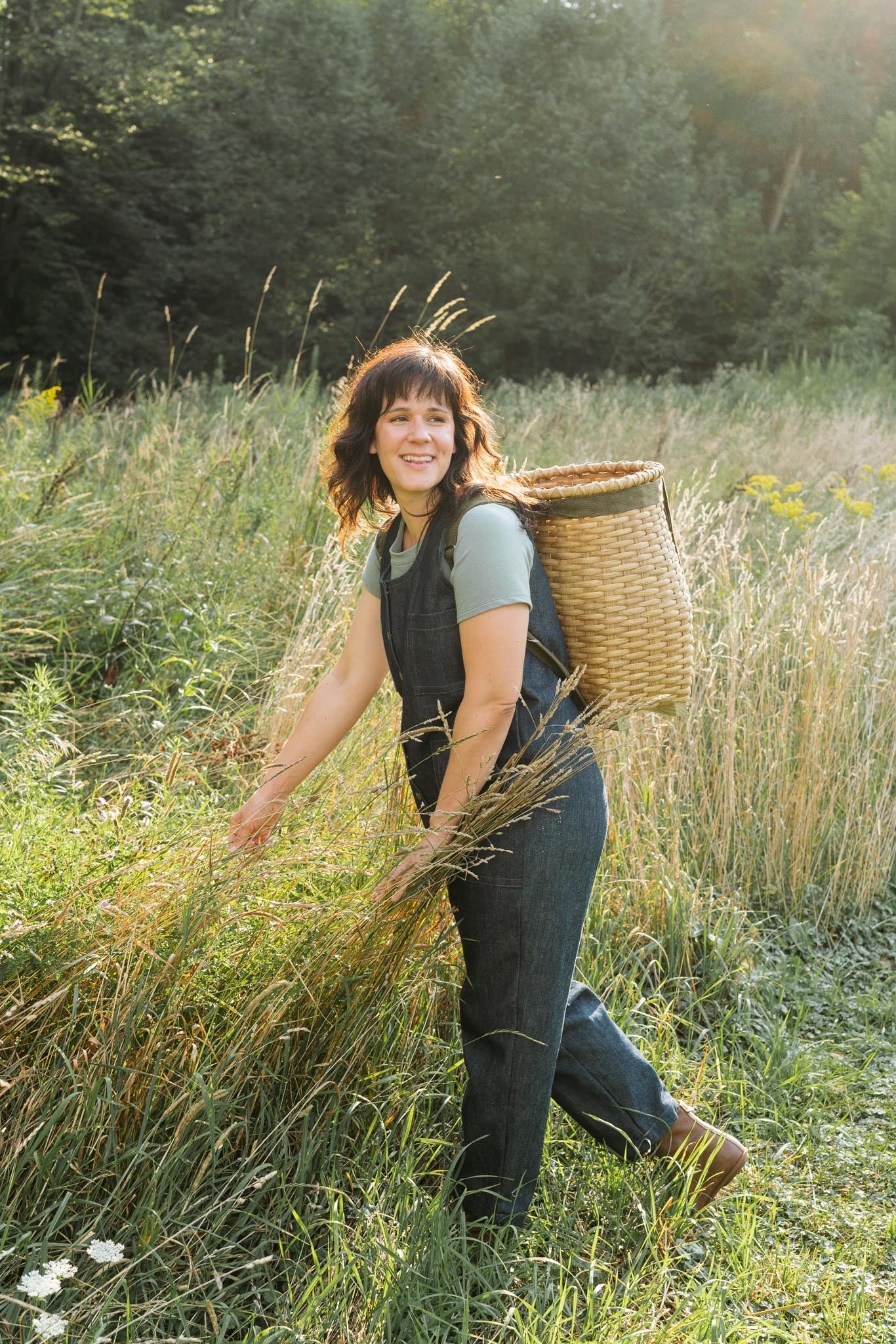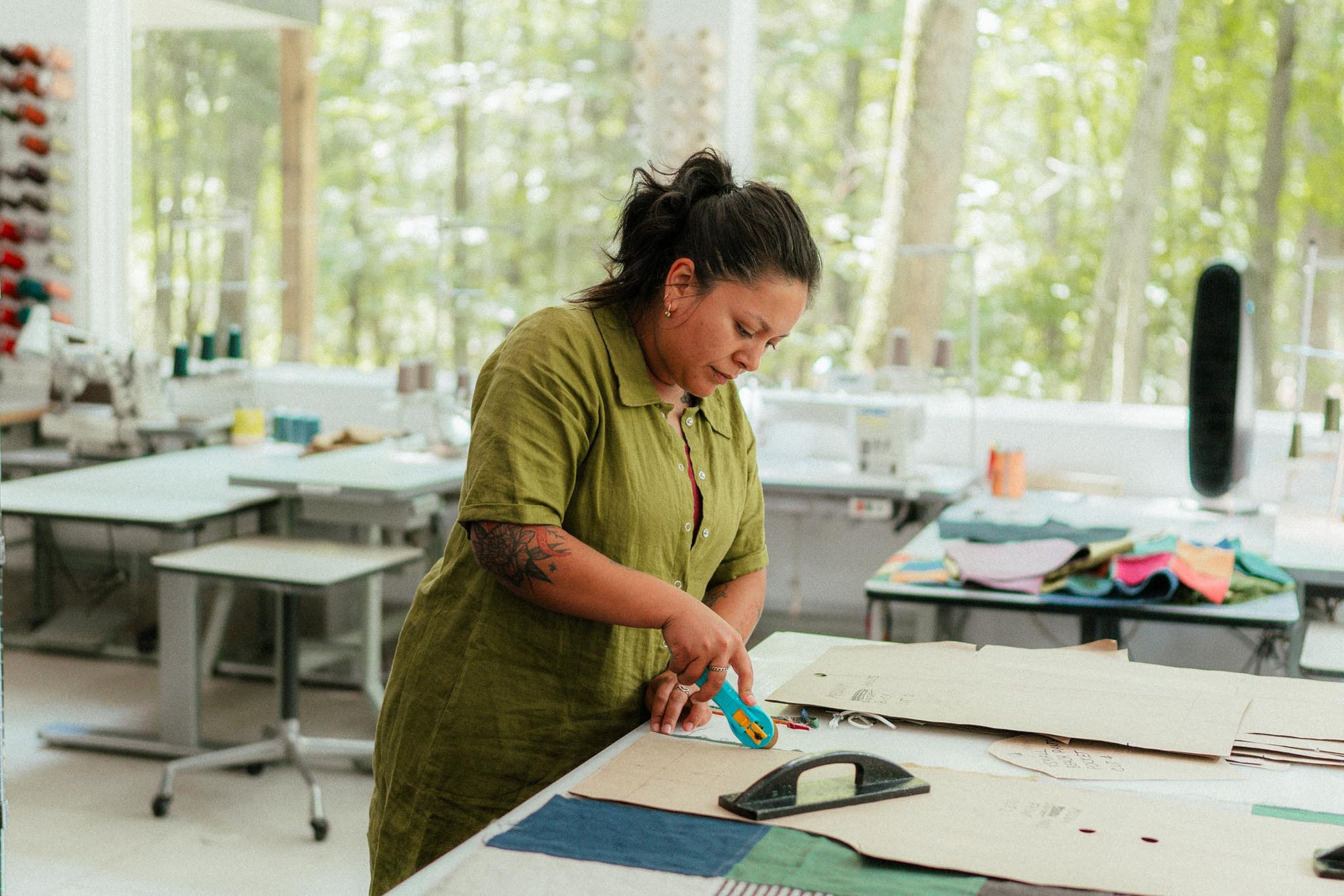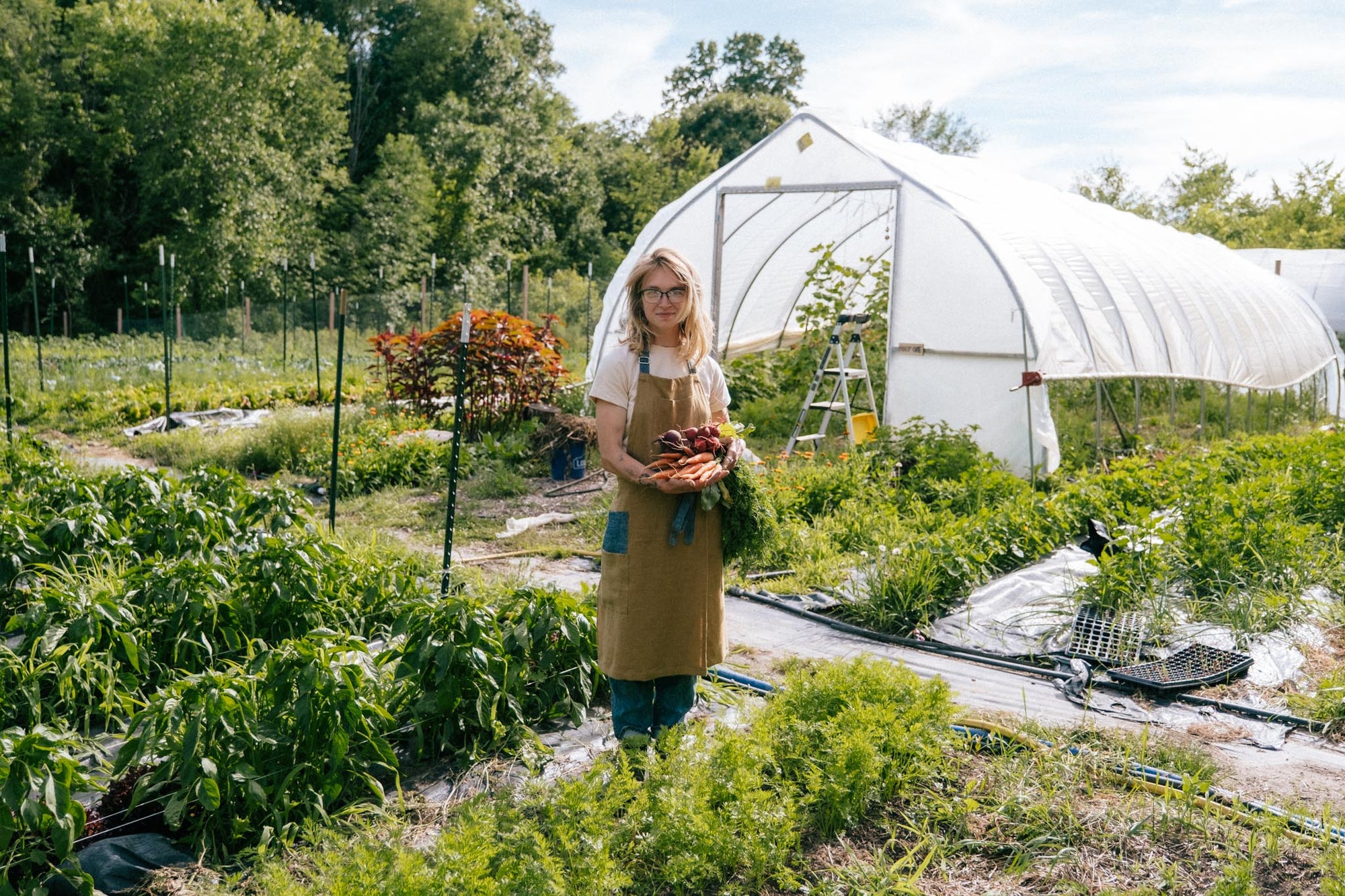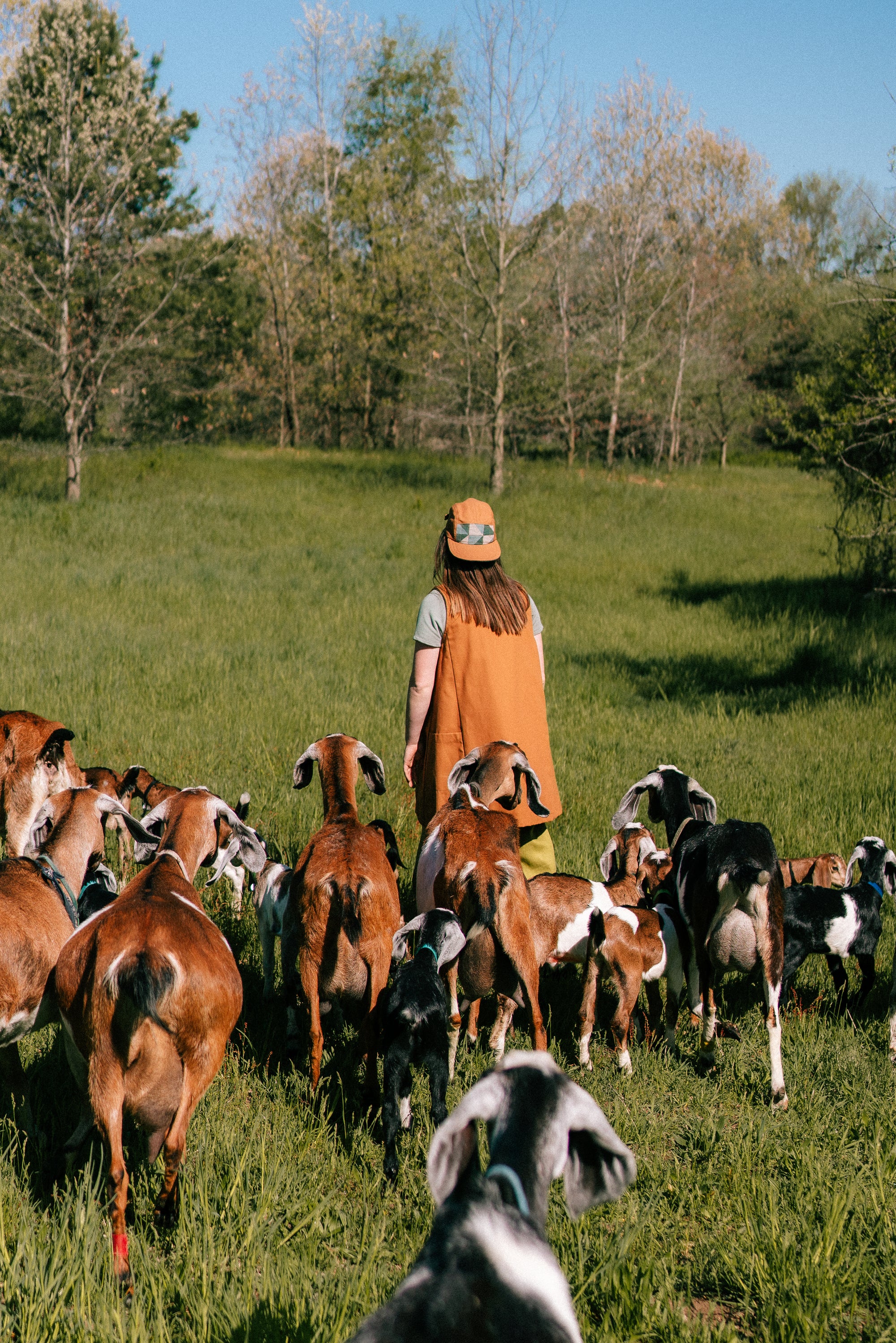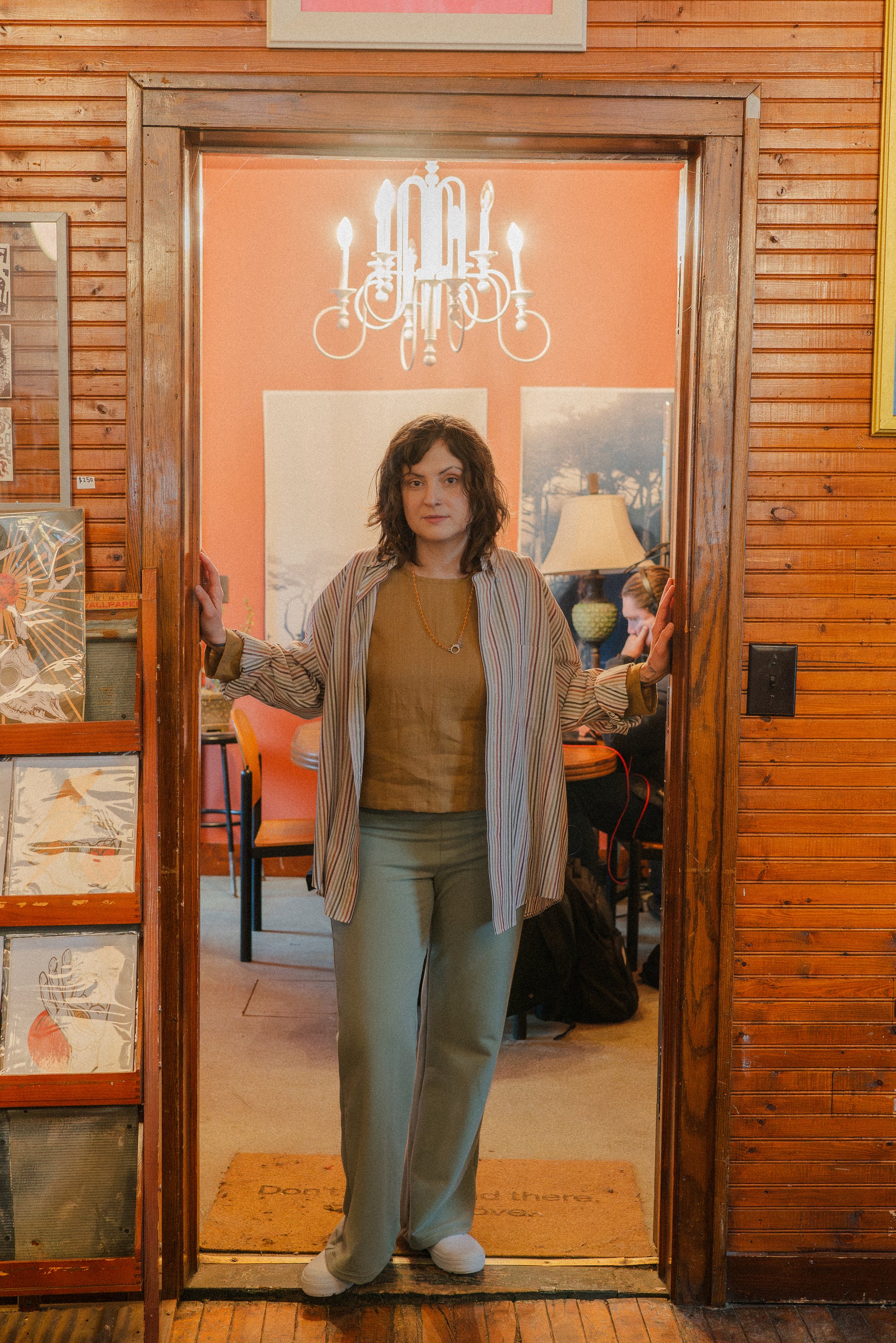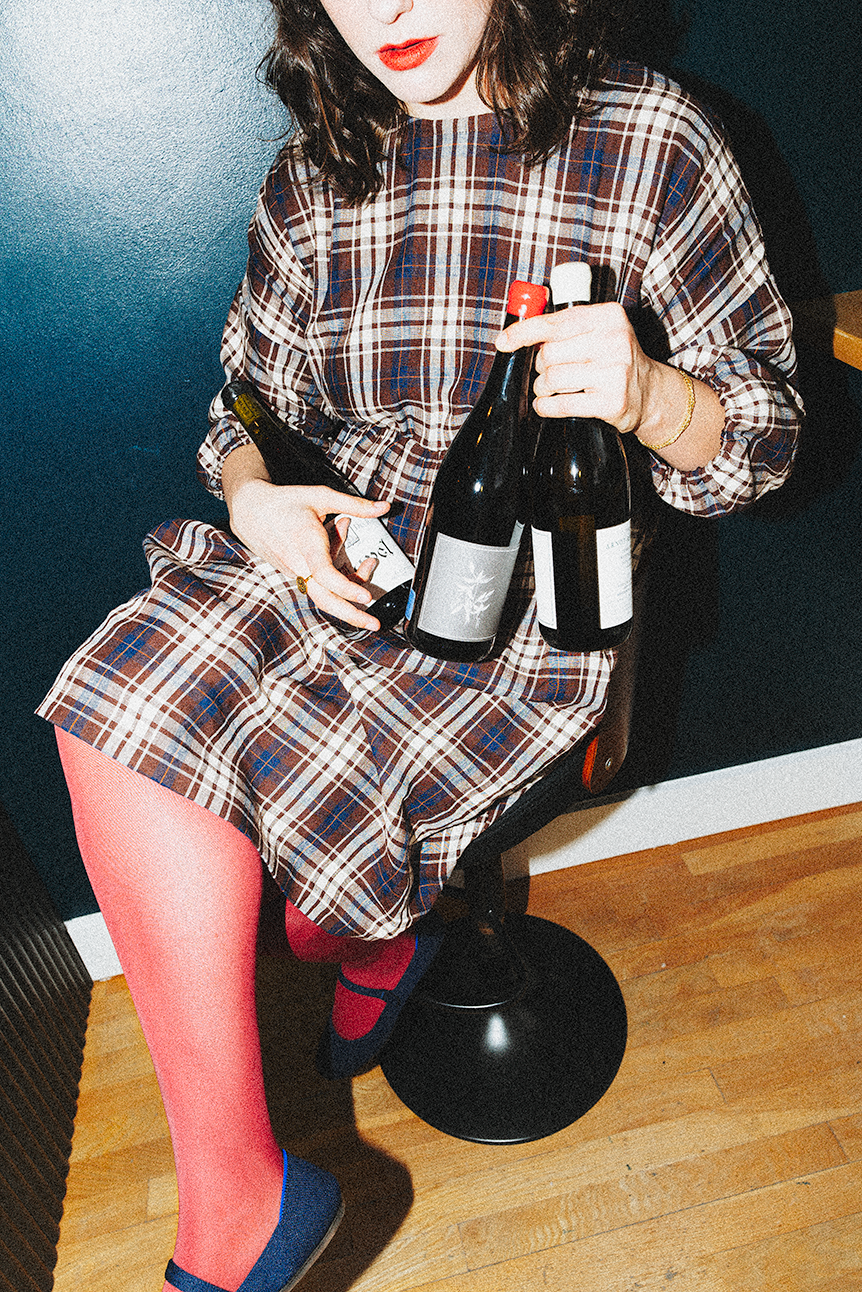by Joshua Newman
On April 24, 2013, the city of Savar was shaken by a terrible tragedy that rippled across the planet. A building named Rana Plaza unintentionally collapsed, killing 1,134 people. The building was home to a garment factory where most of the victims were young, female garment workers. Although some 2,500 were rescued from the rubble, the collapse drew attention to the reckless and dangerous methods used by garment producers to cut corners and lower costs. The terrible loss of life that day was a direct result of the garment industry’s efforts to reduce costs for “first-world” consumers.
The garment industry is infamous for its labor practices. Almost all garments require, in large part, human hands to produce. There’s a misconception that everything in the modern era is made in a factory by automated machines, but the fashion industry uses very little automated production. Multiple labor scandals have shaken clothing manufacture involving big brand names like Nike, Walmart, H&M, Uniqlo, and JC Penney. However, there is yet for major changes to be made to the fashion supply chain. Insufficient legislation and regulation allow for businesses to exploit human workers and resources for economic gain. However, a shift in consumer awareness is allowing for demand to push against suppliers and ask questions like_ Who Made My Clothes?
"There’s a misconception that everything in the modern era is made in a factory by automated machines, but the fashion industry uses very little automated production."
Fashion Revolution is a UK-based eco-fashion call-to-arms that centralizes around transparency as the primary driver for change. Fashion Revolution holds large companies and industry participants, including consumers, as ethically responsible for all people and resources involved in the production of fashion products. Founded by Carry Somers and Orsola De Castro in the wake of the Rana Plaza disaster, Fashion Revolution founded not only a day but a whole week in April to commemorate the disastrous collapse and call upon fashion industry leaders to be transparent and informed about where there products come from.
The social media campaign that drives the movement uses the hashtag #whomademyclothes, combined with a photo of a garment label, to instigate a conversation with fashion companies about their supply chain. Companies and even small clothing businesses are invited to respond with a photo of employees and the hashtag #imadeyourclothes. While Fashion Revolution was inspired by the social implications of the growing fast fashion sector, the company’s manifesto also calls attention to the environmental impacts caused by wastefulness and excessiveness throughout the current production model.
"this low-cost, disposable model of consumption is responsible for the social and environmental damage that's being done all over the world"
The not-for-profit outfit sets up events throughout a dedicated week in April to call for change and draw attention to issues within the industry. Of the 60-70 million people employed by the fashion industry, about three-quarters of them are female. Workers can be paid as low as $2 a day in countries like Bangladesh and Jordan, often working far over the typical 8-10 hours many of us are accustomed to. Making clothes cheap is important to an industry that relies on seasonal trend shifts to drive cyclical sales. However, this low-cost, disposable model of consumption is responsible for the social and environmental damage that's being done all over the world.
Movements like Fashion Revolution, Clean Clothes Campaign, and Fair Trade seek accountability by the companies whose only current regulating forces are supply and demand. People all throughout the fashion ecosystem want to see an industry that values people, creativity, and the environment instead of just profit. Fashion Revolution conducted a project called “The €2 T-Shirt” that demonstrated the capacity of consumers to care about the environments their products are made in.
Many shifts are occurring in the fashion world inspired by slow fashion, diversity, and freedom of expression. Hopefully, an increase in emotional attachment to the entire supply chain will contribute tremendously to consumer culture, but there's no telling where the industry will go. Here at Conscious Clothing, we pay a large amount of attention to our responsibilities as a business and do our best to increase the positive impacts we can have on fashion and on our customers. We want all workers to be treated justly and fairly by their employers as wards of their industry.
"Many consumers don’t even realize that the conditions under which their garments were made are so unsavory that they’re illegal in much of the world, including the U.s."
Left behind by the shift toward cheap labor are many American workers whose physical and practical skill is no longer in high demand. As the Industrial Revolution set into place in America, the exploitation of women and children for cheap labor, as well as unsafe working conditions began to inspire legislation that led to a more responsible production sector. However, this also led to a rise in production costs due to the increases in pay and safety compliance.
In response, companies began to shift production overseas to countries without this kind of legislation. This allowed for production houses to resume cutting corners and exploiting workers for the sake of cheap production. This left a large unemployed workforce in America, and an even larger slave-like work force in lesser developed countries. The inhumane treatment of workers didn’t end like our predecessors had hoped, it just moved locations. Many consumers don’t even realize that the conditions under which their garments were made are so unsavory that they’re illegal in much of the world, including the US.
"we recognize our responsibility as a business to provide not only the [local] work, but also the conditions of the workplace and wouldn’t treat our crew any differently than we would want to be treated"
All of our products are proudly produced in Grand Rapids, Michigan where we employ Michiganders to dye, cut, print, and sew all of our products and to foster these valuable skills locally. We could outsource our production labor, even to local companies, to reduce costs. However, we recognize our responsibility as a business to provide not only the work, but also the conditions of the workplace and wouldn’t treat our crew any differently than we would want to be treated. You can learn about our studio and some of the people #whomadeyourclothes on our about page and get involved by taking to social media to ask your favorite labels #whomademyclothes?
Sources
https://www.fashionrevolution.org/about/
https://www.theguardian.com/cities/2015/apr/23/rana-plaza-factory-collapse-history-cities-50-buildings
https://qz.com/1042298/nike-is-facing-a-new-wave-of-anti-sweatshop-protests/
http://money.cnn.com/2016/05/31/news/companies/walmart-gap-hm-garment-workers-asia/index.html
https://cleanclothes.org/resources/publications/factsheets/general-factsheet-garment-industry-february-2015.pdf
Who Makes These Clothes?
Since we're writing to help spread awareness about the wonderful work that Fashion Revolution is doing to shed more light on who makes your clothes, we thought it would be nice to feature the makers of your Conscious Clothing garments!
from left to right...
Cara - our production manager. She has a hand in cutting the fabric and making sure the studio is organized, plus she sews many of the garments herself.
Liz - our seamstress. She sews the garments from start to finish, and also has a business making hand-dyed silk scarves, accessories, and clothing.
Maeve - our seamstress. She started in the industry as a model, but over the years felt more and more drawn to designing and making clothes instead of wearing them on the catwalk.
Rose - our founder & designer. She founded Conscious Clothing over a decade ago to solve her own problem of not being able to find any sustainable, organic clothing that she liked to wear or would want to dress her children in.
Doug - our resident handyman, cofounder, and Rose's devoted husband. Doug can do anything! Whether that's screenprinting hundreds of yards of fabric, engineering a custom snap press that's hands free and easy to use, or top-stitching leggings and tees for hours on end, Doug will do it with precision and enthusiasm.
Abby - our social media intern. Abby is with us for the summer, completing lots of fun projects to help us get the word out about sustainability and Conscious Clothing!
Alyssa - our creative assistant. Alyssa takes care of a lot of the desk work that's involved with running Conscious Clothing. She's here answering customer emails, chatting with fabric suppliers, creating shot lists for upcoming photoshoots, and helping turn creative ideas into reality.
Megan - our seamstress. Megan is another invaluable member of the sewing team, and also has her own business making handwoven goods and accessories entirely dyed with plants.
Karen - our patternmaker. Karen measures and tweaks again and again to make sure our garments fit and hang properly on all sorts of body types! We couldn't do any of this without her.



